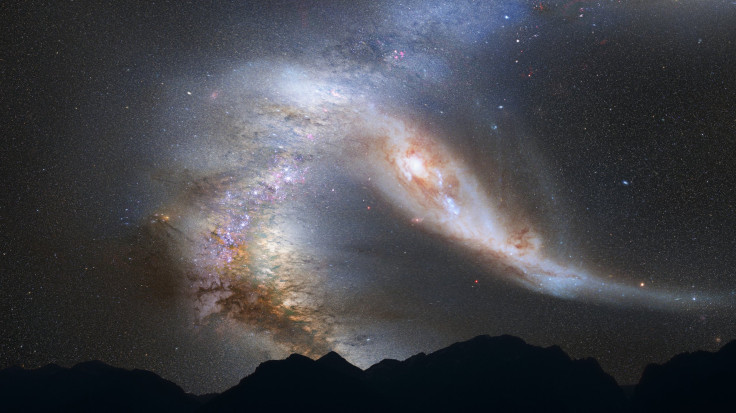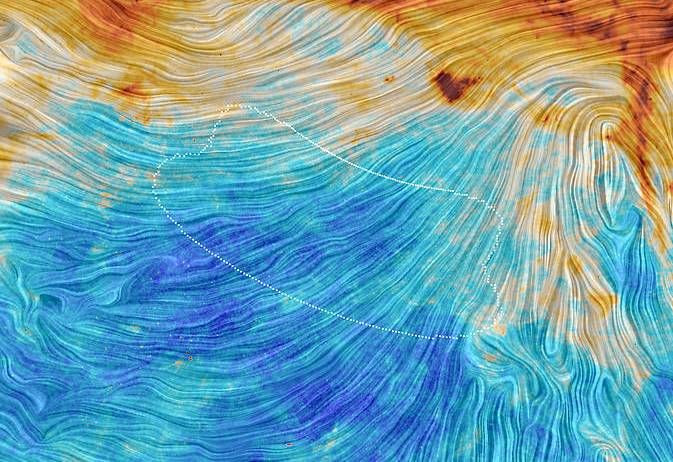Primordial Gravitational Waves Still Elusive As New Study Finds No Conclusive Evidence

A new analysis of data from both space and ground-based telescopes has suggested that gravitational waves from the birth of the universe still remain elusive as there is no conclusive evidence of their existence. The latest findings deny earlier reports of a possible detection of the primordial phenomena.
According to the new study based on data from European Space Agency’s (ESA) Planck satellite and the ground-based BICEP2 and Keck Array experiments, the possible signal from the early universe detected by BICEP2/Keck last year was caused not by ancient gravitational waves, but by obscuring dust in the Milky Way galaxy. The signal was spotted in the cosmic microwave background (CMB), which is the remnant of ancient radiation from the Big Bang that occurred about 13.8 billion years ago.
“The joint analysis shows that much of the signal detected by BICEP2/Keck is coming from dust in the Milky Way, but we cannot rule out a gravitational wave signal at a low level, Charles Lawrence, the U.S. project scientist for Planck at NASA, said in a statement.
According to scientists, the discovery of gravitational waves will reveal secrets about the universe’s origin, while also explaining the mechanisms behind the instant expansion of the universe, called the “inflation,” which occurred immediately after the Big Bang, Discovery News reported.

In March 2014, astronomers presented intriguing data from the BICEP2/Keck experiments, finding evidence for a “curly” pattern of polarized light called B-modes. Scientists said that these patterns “would have been imprinted on the CMB light as the gravitational waves slightly squeezed and stretched the fabric of space.”
The ESA’s Planck satellite was surveying the sky and was mapping the CMB and dust content of our galaxy until it went silent in 2013. Therefore, when the BICEP2 researchers announced their findings last year, a precise Planck dust map was not available.
However, with the Planck survey data now accessible, the scientists have determined that the BICEP2 signal of gravitational waves was actually interference caused by galactic dust.
“When we first detected this signal in our data, we relied on models for galactic dust emission that were available at the time,” John Kovac, principal investigator of BICEP2 at Harvard University said in a statement. “These seemed to indicate that the region of the sky chosen for our observations was relatively devoid of dust.”
The researchers also said that the new analysis in question does not refute the existence of gravitational waves, but confirms that BICEP2/Keck has not yet detected them.
“The gravitational wave signal could still be there, and the search is definitely on," Brendan Crill, a member of both the BICEP2 and Planck teams, said.
© Copyright IBTimes 2024. All rights reserved.






















